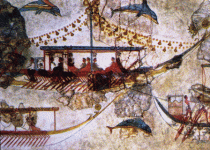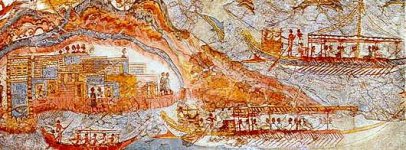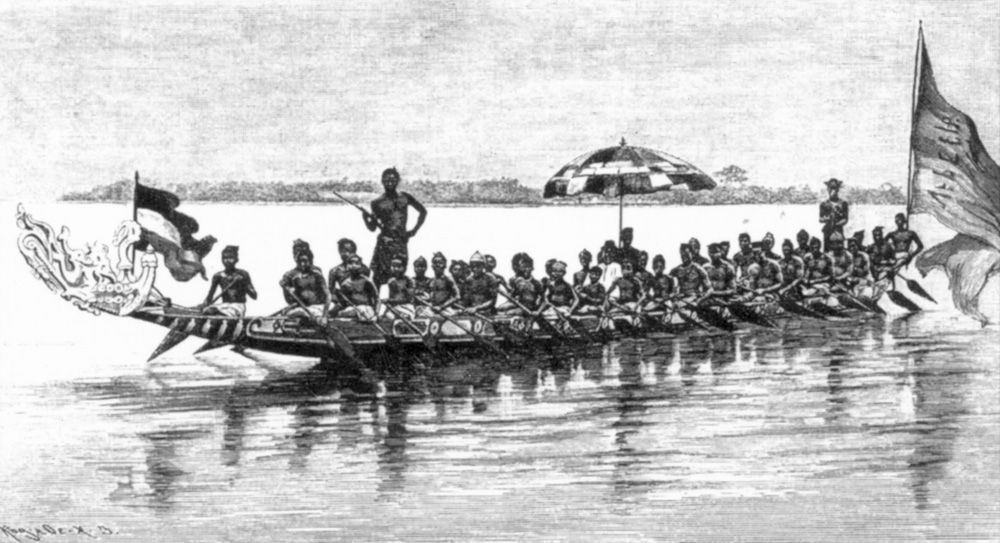Oroblanco
Gold Member
- Jan 21, 2005
- 7,838
- 9,830
- Detector(s) used
- Tesoro Lobo Supertraq, (95%) Garrett Scorpion (5%)
Springfield, No more Easter Bunnies. Life loses all meaning!Take care, Joe
Horrors!

Next you will be saying frightening things about leprechauns! Is nothing sacred?








 I think you will find there are more ladies among us than you may suspect, though they have not been posting as much as some of us loudmouths!
I think you will find there are more ladies among us than you may suspect, though they have not been posting as much as some of us loudmouths! 


